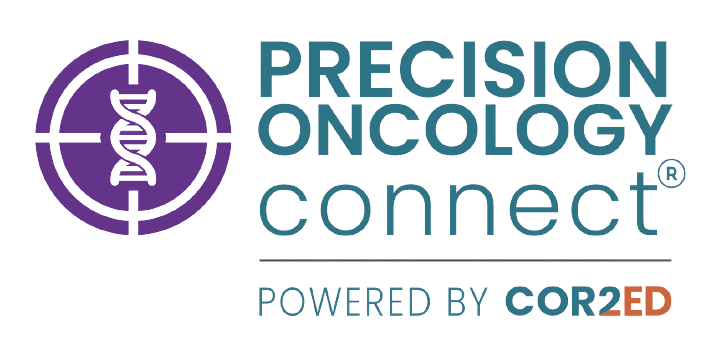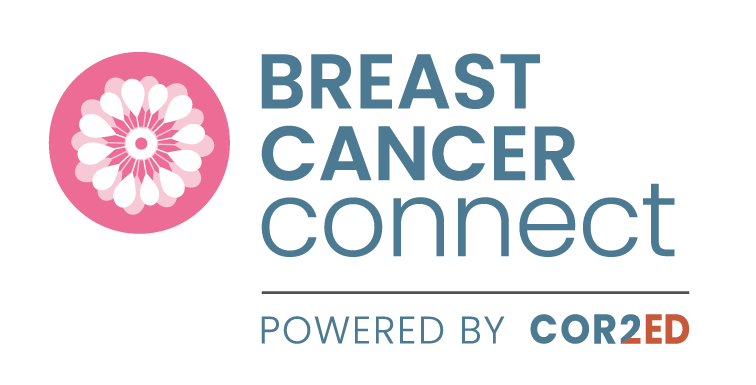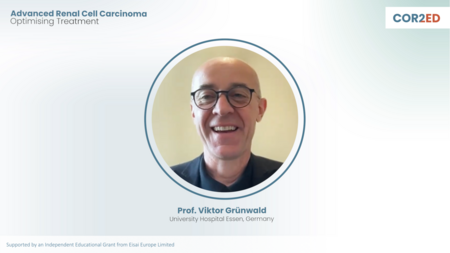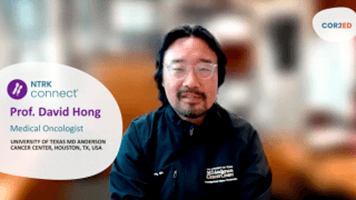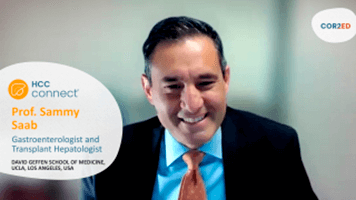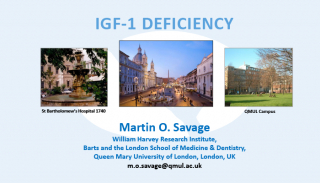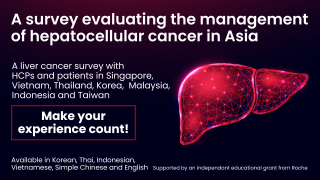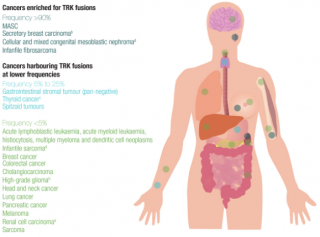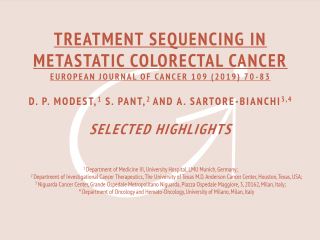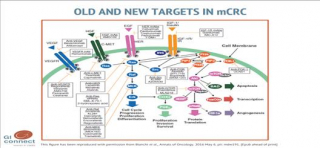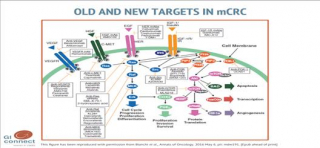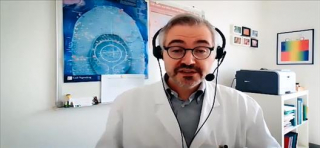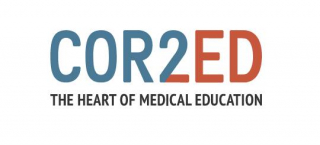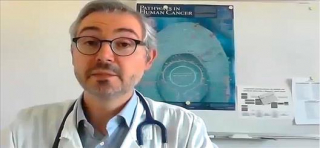
NTRK CONNECT provides an overview of the occurrence of NTRK fusions and TRK inhibitor therapy in GI cancer
NTRK CONNECT provides an overview of the occurrence of NTRK fusions and TRK inhibitor therapy in GI cancer
Prof. Andrea Sartore-Bianchi
Prof Andrea Sartore-Bianchi (NTRK CONNECT) has developed this resource with COR2ED.
Prof. Andrea Sartore-Bianchi
Medical Oncologist
Niguarda Cancer Center
Italy
Prof. Andrea Sartore-Bianchi has received financial support/sponsorship for research support, consultation, or speaker fees from the following companies:
|
5 min
|
Jan 2021
This programme was made for you: your opinion matters
Share your feedback in just 4 clicks and help us to continue to create the content you need.
I agree that this educational programme:
Was valuable to me:
1/4
Has improved my knowledge of this topic:
2/4
Is likely to change my clinical practice:
3/4
Was balanced and unbiased:
4/4
This programme was made for you: your opinion matters
Share your feedback in just 4 clicks and help us to continue to create the content you need.
I agree that this educational programme:
Was valuable to me:
1/4
Has improved my knowledge of this topic:
2/4
Is likely to change my clinical practice:
3/4
Was balanced and unbiased:
4/4
Introduction and scope
Hello, my name is Andrea Sartore-Bianchi, I’m a Medical Oncologist at the Niguarda Cancer Center and University of Milano, Italy and it is my pleasure to provide you with this NTRK fusion GI review Newsletter within the NTRK CONNECT initiative.
So I will touch on three key points that are: the impact of a molecular diagnosis in GI tumours; the incidence of NTRK fusions in GI tumours and the therapeutic impact of inhibiting NTRK gene fusions in GI tumours.
Molecular diagnosis
So we know that molecular classification of tumours, has much evolved over the last decade and that this has been also in GI tumours where we have now wide, large scale genome studies defining recurrent oncogenic alteration for colorectal, gastric, gastroesophageal junction, pancreatic, biliary tract tumours, for example.
However, we have only a limited number of a so-called driver gene alterations that are also fruitful targets of treatment such as HER-2 for gastric and colorectal, BRAF now for colorectal and of course MSI status across histologies. So when we come to gene fusions, these aberrations are quite uncommon in GI tumours but in the case of NTRK gene fusion this can represent a target for treatment.
Incidence of NTRK fusions
So in terms of incidence NTRK1 and more rarely NTRK3 fusions can be found, indeed, in a percentage from .5 to 3% in GI tumours and it has also been shown, for example in colorectal cancer, that this can have an adverse prognostic impact.
Also in colorectal cancer it has been clearly demonstrated that NTRK fusions are more likely to occur in patients with MSI-H status and especially in tumours without RAS and BRAF mutation and with a deficient MMR status caused by MLH1 hypermethylation making this subset of tumours enriched for this molecular alteration.
TRK inhibitors
So when we come to the therapeutic value of targeting NTRK fusion we have now data from the pivotal histology agnostic trials of the two TRK inhibitors, larotrectinib and entrectinib, specifically focusing on the sub group of GI tumours.
So data with entrectinib are showing a good response rate in patients with GI tumours displaying NTRK fusion and good median progression-free survival and overall survival and also data from the specific TRK inhibitor larotrectinib from the NAVIGATE trial identified 14 patients with GI tumours harbouring NTRK fusion also here a good overall response rate has been observed, especially taking into account that these patients were heavily pretreated.
Conclusions
So in conclusion in the landscape of GI tumours we obtain notable advances in molecular diagnosis, but still successful targeting of oncogenic alteration is lagging behind and I think that NTRK fusions do represent a valuable addition to this therapeutic armamentarium because of the availability of specific TRK inhibitors that have been shown to produce impactful clinical results.
We have now some hint about enrichment for this gene alteration, for example in MSI high tumours in the colorectal histology that I think should be considered for testing for NTRK fusion and with increasing availability of tools for molecular diagnosis, we can predict that more cases will be found in the future.
Thank you very much for your attention and I hope that you found these initiatives within the NTRK CONNECT helpful for your clinical practice.
This programme is supported by an Independent Educational Grant from Bayer
PRECISION ONCOLOGY CONNECT is an initiative of COR2ED, supported by an Independent Educational Grant from Bayer.





